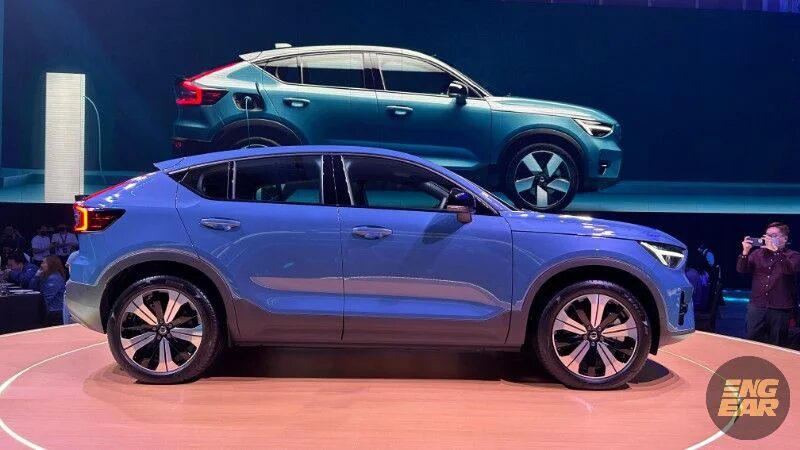Volvo Cars today reports an operating profit (EBIT), excluding joint ventures and associates, of SEK 8.2 billion for the second quarter of 2024, the highest-ever in a single quarter and an increase of 28 per cent versus the same period in 2023.
The corresponding core EBIT margin reached a record high of 8.1 per cent, versus 6.3 per cent in the same period last year. This improvement in the underlying profitability was a result of the company’s focus on pricing discipline, internal cost control and sustained growth in sales.
During the quarter, global retail sales rose by 15 per cent year-on-year to 205,400 cars. This was driven by the performance of the company’s electrified cars – both plug-in hybrids and electric cars – sales of which grew by 43 per cent in the second quarter, versus the same period last year.
48 per cent of Volvo Cars’ global sales volume during the quarter consisted of plug-in hybrid (PHEV) and fully electric (EV) cars, while its EV-only share of sales rose to 26 per cent. The strong demand for the company’s electrified cars was demonstrated by the EX30 small SUV, which was among the top three best-selling EVs in Europe, while the XC60 plug-in hybrid continues to be the best-selling PHEV in Europe in recent months.
The EX30 has proved popular with customers in Europe and other markets. This has been reflected in Volvo Cars’ gross margins, which increased to 22.8 per cent from 19.0 per cent last year. Gross margins on its EVs reached a new high of 20 per cent in the period, demonstrating that Volvo Cars continues to make the transition towards electrification profitably.
Revenue for the second quarter came in at SEK 101.5 billion, versus SEK 102.2 billion reported in the same period last year. The slight revenue decline was due to reduced income from contract manufacturing and a normalisation of sales to rental companies. Volvo Cars’ core revenues from operations during the quarter, excluding income from contract manufacturing, remained stable.
“We delivered a strong second quarter performance in 2024 with record underlying profitability, demonstrating our ability to create value despite a complex geopolitical and economic environment,” said Jim Rowan, chief executive of Volvo Cars. “Our core operational momentum remains on a firm footing, thanks to the strength of our balanced strategy, product portfolio and our agility in responding decisively to headwinds.”
“Our brand and values around safety and sustainability, as well as our unique technology approach, continue to resonate strongly with customers,” added Jim Rowan.
The EX30, EM90 and EX90 are clear examples of where Volvo Cars is going, as it continues its journey towards full electrification. Together with its plug-in and mild hybrid cars, these EV models provide Volvo Cars with a balanced portfolio that serves as a clear bridge to an all-electric future.
This transition will not be a linear development. Many consumers are not yet able to go fully electric, particularly in areas with low infrastructure development or because of the early withdrawal of incentives by governments. These factors make Volvo Cars’ balanced line-up of fully electric, plug-in and mild hybrid models important as a bridge.
Volvo Cars continues to invest across the breadth of its product range, both in new models and ongoing improvements to existing ones. During its Capital Markets Day in September, Volvo Cars will reveal more details on its technological roadmap as well as forthcoming models and updates.
Yet like all global companies, Volvo Cars operates in a complex geopolitical environment that impacts trade and tests supply chain resilience. In the short term, potential tariffs from the EU commission affecting EVs from China will affect the EX30.
However, as the company previously announced, it will start producing the EX30 in its Ghent, Belgium plant next year, as part of its ‘Build where we sell’ strategy. The company aims to start production of the EX30 in Ghent during the first half of 2025, with volumes ramping up during the second half of that year.
